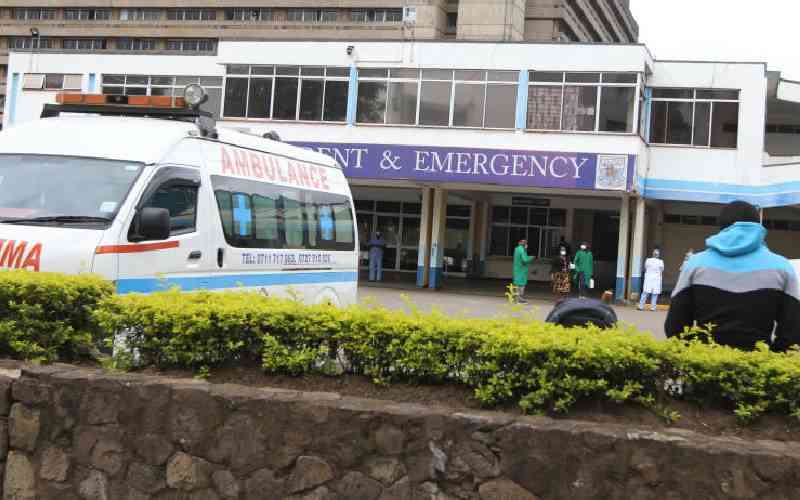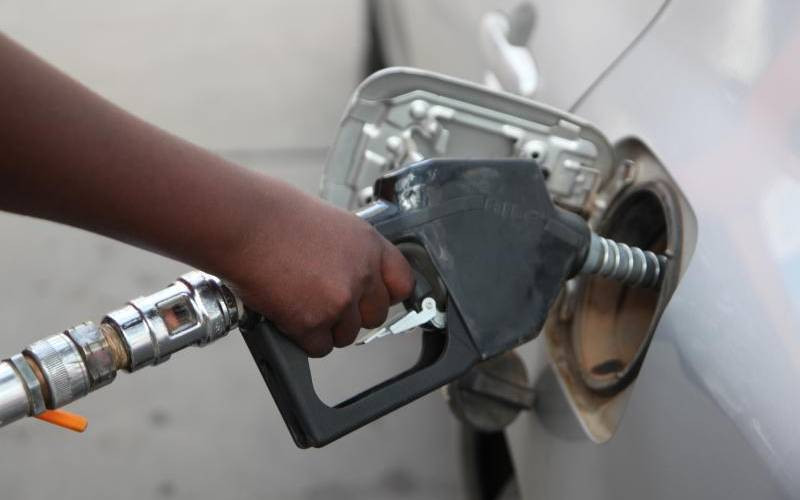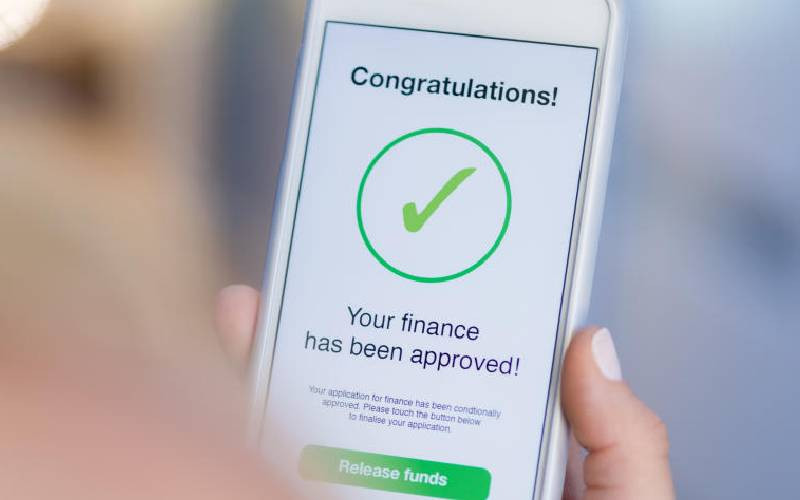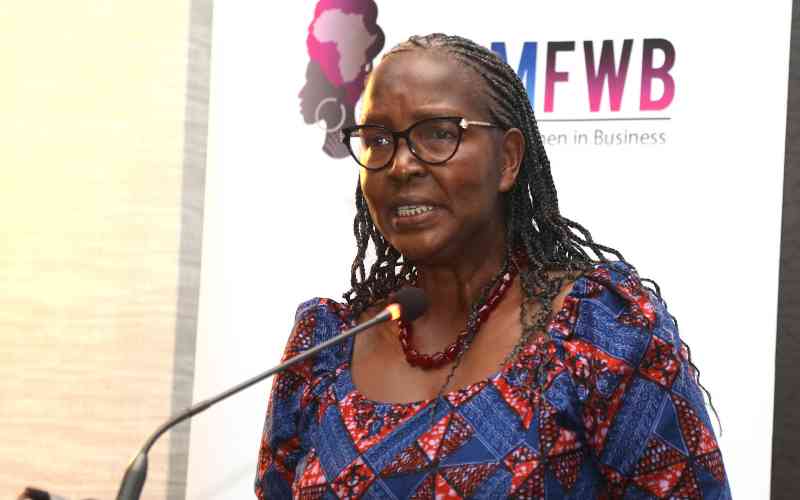
In Kenya, if you are poor and arrive at a hospital bleeding, you may be turned away. If you die, your body could be detained until your family pays the bill. This cruel reality was made clear with the death of gospel artist Betty Bayo.
According to a friend, when she was rushed to a hospital in critical condition, “they could not take her in initially because she did not have cash.” The facility allegedly demanded a deposit of Sh260,000. Tragically, Betty Bayo’s case is not unique. In 2015, Alex Madaga, a road accident victim, died after being denied timely emergency care.
The Professional Conduct Committee of the Kenya Medical Practitioners and Dentists Board found that the facility failed to provide timely care and demanded payment before stabilising him. The committee directed the Board to work with the Ministry of Health to develop policies and guidelines regulating payment and referral for emergency cases. These gaps put lives at risk.
In 2018, another road accident victim, Angelos Miano Muthee, died after being denied urgent surgery for ten days. He was not admitted to the ICU until nearly 12 hours after arrival with a severe head injury, despite doctors recommending immediate intervention. High Court Judge Tabitha Ouya ruled that the hospital breached its duty of care through laxity. The family was awarded Sh2.2 million.
The irony is cruel. In Kenya, if someone dies in a hospital, the remains can be detained until bills are paid, even though multiple court rulings have condemned this. KMPDC has stated that hospitals have no legal right to detain bodies over pending medical bills. Yet the practice continues, showing that the health system is often harsh on Kenyans both in life and in death.
These cases reveal a grim truth. Access to emergency care is frequently blocked by money. Patients die while waiting for deposits, approvals, or paperwork. This happens in both private and public facilities, leaving vulnerable Kenyans at the mercy of financial and administrative barriers when every second matters. Our Constitution is clear. Article 43(1)(a) guarantees the right to the highest attainable standard of health, which includes the right to health care services. Denying someone emergency care because they cannot pay is a direct violation of this right. It is also a social injustice, disproportionately harming the poor and marginalised.
Emergency care infrastructure remains inadequate. Only 5.8 per cent of health facilities have accident and emergency units, and roughly half have access to an ambulance. Life-saving emergency care is not reaching the people who need it most, and financial barriers continue to cost lives.
In the US, the EMTL Act requires hospitals to provide a medical screening exam and stabilising care to all patients regardless of ability to pay, insurance, or citizenship. Violations carry significant penalties, ensuring no patient dies at a hospital gate. In India, the Supreme Court ruled in Parmanand Katara versus Union of India in 1989 that no hospital, public or private, may refuse emergency treatment to save a life. In the UK and Canada, emergency care is free at the point of service. In Rwanda, community-based insurance and strong pre-hospital emergency services ensure patients are stabilised immediately, with payment handled afterward.
The Kenya Emergency Medical Care Policy 2020-2030 and the Kenya Emergency Medical Care Strategy 2020-2025 are meant to ensure access. But policies without implementation are meaningless.
The solution is clear. Kenya must enact an Emergency Medical Treatment Act, mandating that all hospitals, public and private, stabilise emergency patients before payment is discussed. This would give Article 43(1)(a) teeth, translate policy into practice, and ensure no Kenyan dies waiting for cash.
This is not a political issue. MPs from the opposition and government should give it bipartisan support. Human life transcends party lines. Every Kenyan, rich or poor, urban or rural, deserves the certainty that emergency care is provided first and payment comes later.
The writer comments on topical issues







